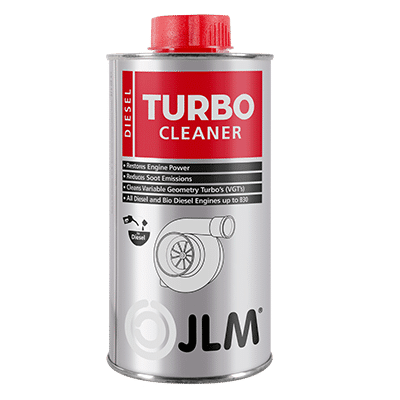Understanding Carbon Deposits
Before delving into the role of fuel additives, let’s first understand the nature of carbon deposits and their impact on engine performance. Carbon deposits, also known as carbon buildup or carbon fouling, are residues that form because of incomplete combustion in the engine. These deposits primarily consist of carbonaceous materials, including unburned hydrocarbons, soot, and other combustion byproducts. Over time, these deposits can accumulate on various engine components, including intake valves, throttle bodies, fuel injectors, and combustion chambers.
The Consequences of Excessive Carbon Deposits
Excessive carbon deposits can lead to a wide variety of technical problems in engines, including:
1. Reduced Engine Performance: Carbon buildup restricts airflow and fuel delivery, resulting in decreased engine performance. Symptoms may include decreased power output, rough idling, hesitation during acceleration, and overall sluggishness.
2. Increased Fuel Consumption: Carbon deposits hinder fuel atomization and combustion efficiency, leading to increased fuel consumption. Vehicle owners may notice a decline in fuel economy and higher fuel costs over time.
3. Elevated Emissions: Incomplete combustion caused by carbon deposits can result in higher emissions of harmful pollutants such as carbon monoxide (CO), hydrocarbons (HC), and nitrogen oxides (NOx). This not only contributes to air pollution but also increases the likelihood of the vehicle failing emissions tests.
4. Engine Knocking and Pinging: Carbon buildup on combustion chamber surfaces can increase the risk of engine knocking and pre-ignition, potentially leading to engine damage if left unaddressed.
The Role of Fuel Additives
Fuel additives are chemical compounds specifically designed to enhance the performance and cleanliness of engines by addressing issues such as carbon deposits. These additives contain a variety of active ingredients that work to dissolve and remove existing deposits while also preventing the formation of new ones. Here’s how fuel additives can help fix issues due to excessive carbon deposits:

1. Dissolving Existing Deposits
JLM fuel additives contain detergents and dispersants that effectively break down and dissolve carbon deposits on engine components. These powerful cleaning agents penetrate the deposits, breaking them apart and allowing them to be carried away by the fuel system. As a result, existing deposits are gradually removed, restoring optimal airflow and fuel delivery to the engine.
2. Preventing Future Deposits
In addition to removing existing deposits, JLM fuel additives also help prevent the formation of new ones. Many additives contain inhibitors that coat engine surfaces, forming a protective barrier that prevents carbon buildup from adhering. By maintaining engine cleanliness over time, fuel additives help prolong engine life and reduce the likelihood of performance-related issues.
3. Improving Combustion Efficiency
Some JLM fuel additives contain octane boosters and combustion catalysts that enhance combustion efficiency. By promoting more complete combustion of fuel, these additives help reduce the formation of carbon deposits in the first place. Additionally, improved combustion efficiency can lead to better engine performance, increased fuel economy, and reduced emissions.
4. Lubricating Engine Components
Certain JLM fuel additives also serve as lubricants, providing additional protection to engine components. By reducing friction and wear, these additives help extend the lifespan of critical engine parts, including piston rings, valves, and cylinder walls. This not only improves engine performance but also enhances overall reliability and durability.
Conclusion
Excessive carbon deposits can pose significant challenges for car mechanics, impacting engine performance, fuel economy, emissions, and overall reliability. Fortunately, JLM Lubricants fuel additives offer a practical and effective solution for combating these issues. By leveraging the cleaning, preventative, and performance-enhancing properties of JLM Lubricants fuel additives, professional motor mechanics can restore engines to optimal condition and provide their customers with lasting solutions. Whether it’s dissolving existing deposits, preventing future buildup, or improving combustion efficiency, fuel additives play a crucial role in revitalizing engines and ensuring smooth, trouble-free operation for years to come.


